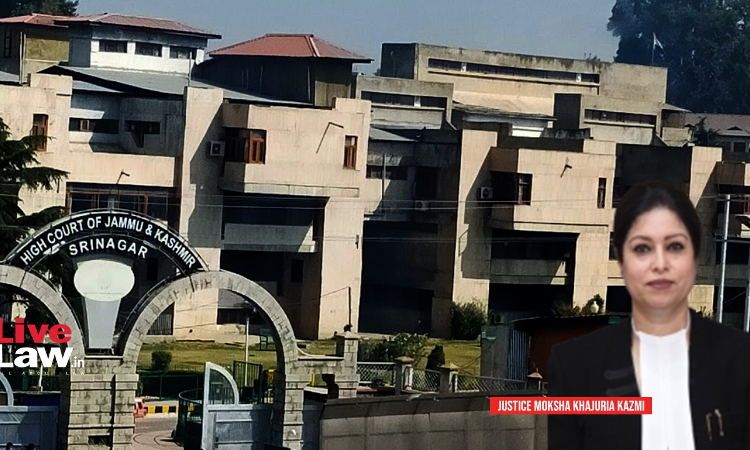The Jammu and Kashmir and Ladakh High Court has ruled that a Cantonment board cannot levy trade license fee from a restaurant operating within its jurisdiction based on the restaurant's annual revenue. A bench comprising Justice Moksha Khajuria Kazmi observed,"Claim of the respondents (Cantonment Board) of fixing the licence fee proportionate to the revenue earned by the petitioner...

